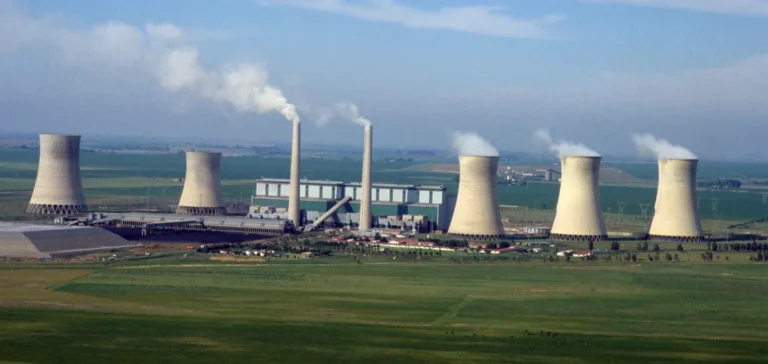South Africa’s Minister of Forestry, Fisheries and the Environment, Dion George, has upheld the 2017 decision to authorise the state-owned utility Eskom to construct and operate a nuclear power plant in Duynefontein, located in the Western Cape province. The authorisation, initially granted by the Department of Environmental Affairs, had been challenged by several environmental organisations, but those appeals have now been dismissed.
Procedure and regulatory framework
Dion George stated that his decision followed a thorough review of the Environmental Impact Assessment Report (EIAr) and an independent peer review conducted by experts. He specified that the assessment had been carried out in line with the principles of the National Environmental Management Act, 1998 (Act No. 107 of 1998), taking into account environmental, social and economic considerations.
The minister also noted that the environmental authorisation does not exempt Eskom from obtaining other regulatory approvals. The company must comply with the requirements of the National Nuclear Regulator (NNR) to secure a nuclear installation licence, obtain approval from the National Energy Regulator of South Africa, and acquire water use licences from the Department of Water and Sanitation, in addition to other necessary permits.
Planned capacity and project background
The Duynefontein site is located adjacent to the Koeberg nuclear power plant, which is also operated by Eskom. In March 2016, the company submitted licence applications to the NNR for both this site and Thyspunt, with the objective of constructing multiple nuclear reactors and associated auxiliary installations. In 2017, the Department of Environmental Affairs authorised the installation of 4,000 MWe of nuclear capacity at either site.
In January 2024, the South African government unveiled a plan to develop 2.5 GWe of new nuclear capacity. However, the process was paused in August 2024 to allow for broader public consultation. The validation of the Duynefontein authorisation therefore comes in the context of a gradual resumption of the national nuclear agenda.
Nuclear sector position
Loyiso Tyabashe, Chief Executive Officer of Nuclear Energy Corporation of South Africa Ltd (Necsa), welcomed the decision, calling it a significant milestone for the country’s nuclear industry. He stated that Necsa would continue to cooperate with the Department of Electricity and Energy as well as with Eskom, leveraging its technical expertise to maximise the project’s industrial and economic benefits.






















